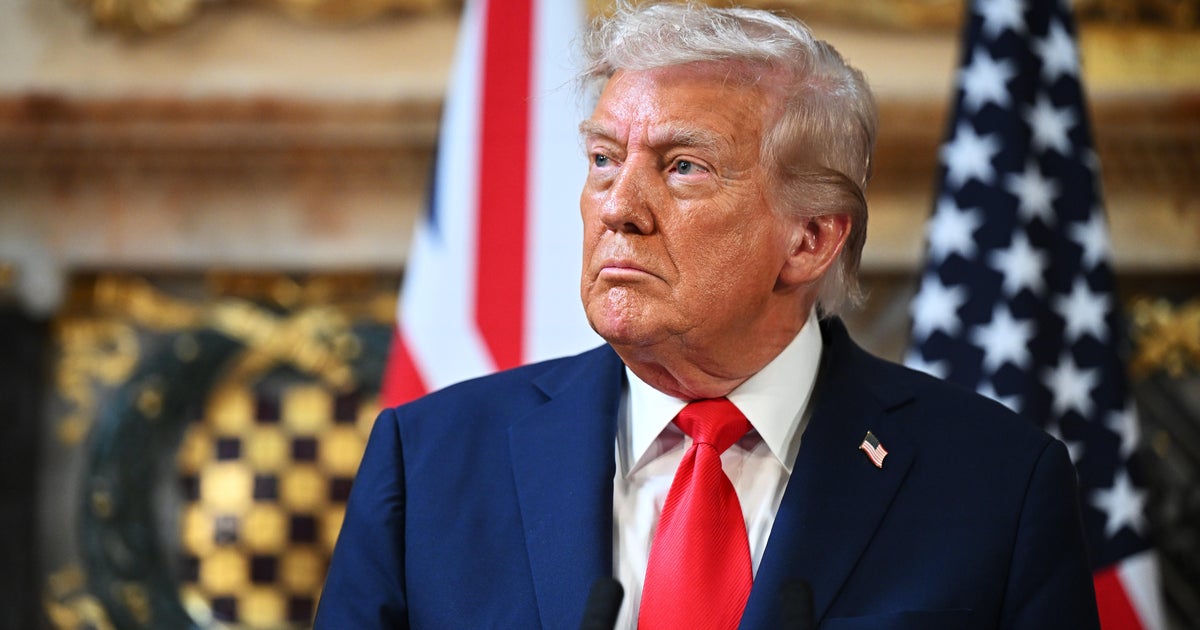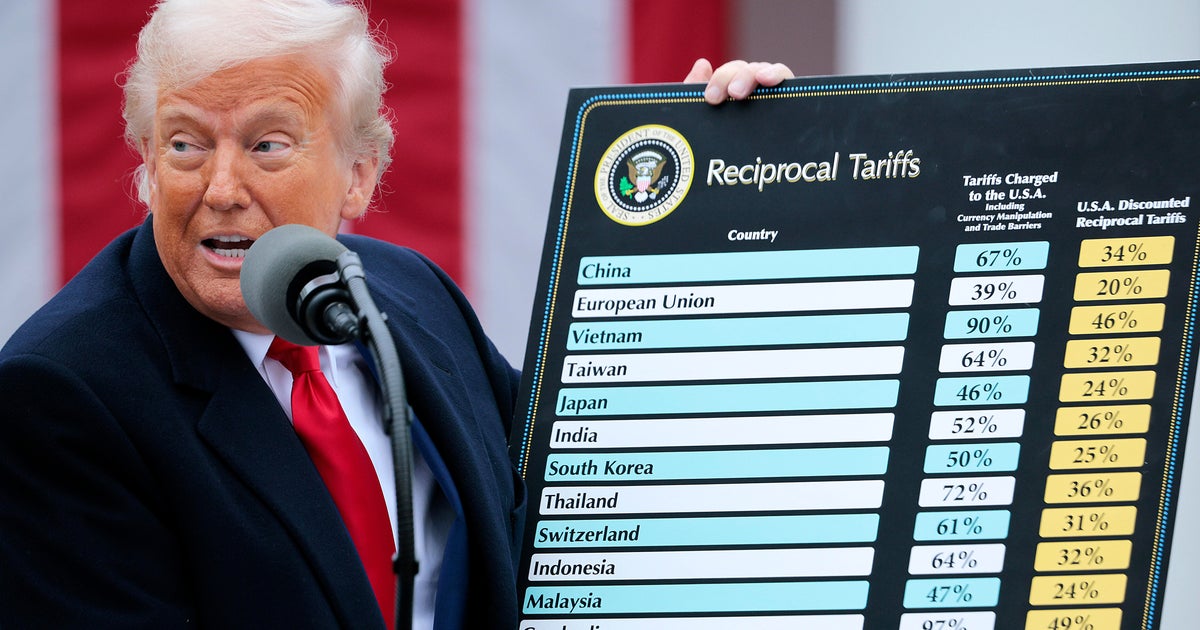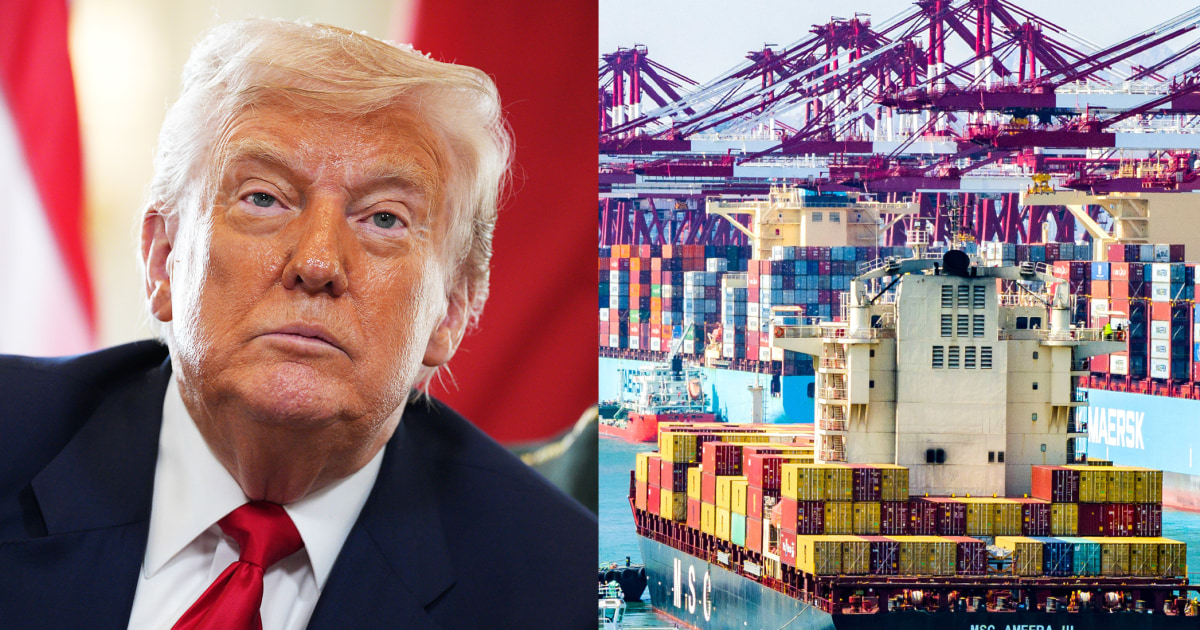Trump’s Promise to Support Farmers
Trump’s Promise to Support Farmers
President Trump has pledged significant financial aid to American farmers struggling amid trade wars and economic pressures. The administration is preparing a multi-billion-dollar bailout, estimated between $10 billion and $15 billion, aimed at offsetting losses caused largely by retaliatory tariffs from China and other countries[1][2]. However, executing this plan has proven complex, especially due to the ongoing federal government shutdown and legislative hurdles requiring Congressional approval.
Challenges in Delivering the Bailout
Funding the bailout using tariff revenues is not straightforward. Unlike in 2018, when the administration utilized funds from the Commodity Credit Corporation, current budget constraints and unrefilled funds make immediate payments difficult[2]. Moreover, a government shutdown stalls the necessary congressional actions to reallocate tariff money, complicating efforts to reach farmers quickly. Rising input costs and record harvests further strain farmers’ finances, intensifying the urgency for relief[1][3].
Impact on U.S. Agriculture
Farmers growing soybeans, corn, and other key crops face a precarious market, with exports to China near zero due to tariffs and competition from countries like Argentina[5]. This bailout is critical to prevent a deepening financial crisis in rural America, reflecting the administration’s acknowledgment of the sector’s importance and the political pressure to act swiftly[3][5].
About the People Mentioned
Donald Trump
Donald John Trump, born June 14, 1946, in Queens, New York, is an American businessman, media personality, and politician. He graduated from the University of Pennsylvania’s Wharton School in 1968 with a degree in economics. In 1971, he took over his family’s real estate business, renaming it the Trump Organization, through which he expanded into building and managing skyscrapers, hotels, casinos, and golf courses. Trump gained widespread fame as the host of the reality TV show *The Apprentice* from 2004 to 2015, which helped establish his public persona as a successful entrepreneur. Trump entered politics as a Republican and was elected the 45th president of the United States, serving from 2017 to 2021. His presidency was marked by significant policy actions including tax cuts, deregulation, the appointment of three Supreme Court justices, renegotiation of trade agreements (notably replacing NAFTA with the USMCA), and a focus on immigration control including border wall expansion. He withdrew the U.S. from international agreements such as the Paris Climate Accord and the Iran nuclear deal, and engaged in a trade war with China. His administration’s response to the COVID-19 pandemic was criticized for downplaying the virus’s severity. Trump was impeached twice by the House of Representatives—first in 2019 for abuse of power and obstruction, and again in 2021 for incitement of insurrection—but was acquitted by the Senate both times. After losing the 2020 election to Joe Biden, Trump challenged the results, culminating in the January 6, 2021, Capitol riot. He remains a central figure in American politics, having won the 2024 presidential election and returned as the 47th president in 2025, continuing to promote policies aimed at economic growth, border security, and military strength[1][2][3][4].
About the Organizations Mentioned
Commodity Credit Corporation
## Overview The Commodity Credit Corporation (CCC) is a wholly owned U.S. government corporation established in 1933 to stabilize, support, and protect farm income and prices, and to ensure the efficient marketing and adequate supply of agricultural commodities in the United States[1][5][6]. Administered under the U.S. Department of Agriculture (USDA), the CCC serves as the primary financial institution for federal farm commodity programs, operating with broad authority to buy, sell, lend, make payments, and undertake other activities to achieve its objectives[1][2][4]. It plays a critical role in supporting U.S. agriculture through commodity and income support, conservation, export promotion, international food aid, disaster assistance, agricultural research, and bioenergy development[2][3][4]. ## History The CCC was created during the Great Depression as part of President Franklin D. Roosevelt’s New Deal, responding to the severe agricultural crisis marked by overproduction and plummeting prices[1][7]. Initially, the CCC provided nonrecourse loans to farmers, allowing them to hold crops off the market until prices improved[7]. Over decades, its mission evolved beyond mere price stabilization to include direct subsidies and support for a wide range of agricultural programs, often in response to legislative mandates such as the periodic farm bills[2][3][4]. The CCC was transferred to the USDA in 1939 and reincorporated as a federal corporation in 1948 under the CCC Charter Act[1][5]. ## Key Achievements and Notable Aspects - **Broad Mandate:** The CCC’s activities have expanded significantly, supporting not only commodity price and income stabilization but also conservation, disaster relief, and international market development[2][3][8]. - **Financial Mechanism:** The CCC has a permanent borrowing authority of up to $30 billion from the U.S. Treasury, making it a powerful tool for mandatory (non-discretionary) funding of agricultural programs without annua
Congress
The United States Congress is the legislative branch of the federal government, playing a pivotal role in shaping the nation's policies and laws. As a bicameral legislature, it consists of the House of Representatives and the Senate, each with distinct responsibilities. The House represents congressional districts, while the Senate represents states, ensuring diverse perspectives are heard. **History and Structure:** Congress has a rich history, evolving over time to reflect the nation's demographic changes and political shifts. It is structured into committees that specialize in various policy areas, facilitating the legislative process. The National Archives and Records Administration maintains historical records of Congress, highlighting its ongoing role in governance. **Key Achievements:** Throughout its history, Congress has achieved numerous milestones, including landmark legislation such as the Civil Rights Act and the Affordable Care Act. It has also played a significant role in shaping the nation's economic policies, influencing business and technological advancements. **Current Status:** The 119th Congress, which convened in January 2025, marks significant changes with a Republican majority in both chambers. This setup has implications for policy-making, especially in areas like healthcare and technology regulation. The current Congress is also notable for its diversity, being the most racially and ethnically diverse in history. **Notable Aspects:** - **Diversity and Representation:** The 119th Congress is the most diverse in U.S. history, with increased representation from diverse ethnic backgrounds and the inclusion of the first openly transgender federal legislator. - **Technological Integration:** Congress uses technology to enhance legislative processes, such as through platforms like Congress.gov, which provides access to legislative information and resources. - **Economic Impact:** Congress's decisions have profound impacts on business and technology sectors, influencing regulatory environments and investment opportunities. In summary, the U.S. Congress is a dynamic institution that plays a crucial role in shaping the nation's policies, laws, and economic landscape. Its ongoing evolution reflects the changing needs and demographics of the country, making it a vital


















